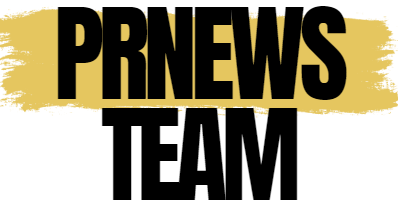The future of artificial intelligence (AI) has long been a subject of both fascination and fear and now the CEO of OpenAI, Sam Altman, has admitted to feeling “a little bit scared” of his own creation, the ChatGPT. In an interview with ABC News on Thursday, Altman spoke about the potential of AI to “eliminate” many jobs, and the need for regulators and society to be involved with its rollout.

Altman said that people should be happy that OpenAI was “a little bit scared” of the potential of AI, and warned that if he said he was not scared, people should either not trust him, or be very unhappy that he is in his current job. The entrepreneur also acknowledged that AI has the potential to replace many jobs, but could also lead to the creation of “much better ones.”
“The reason to develop AI at all, in terms of impact on our lives and improving our lives and upside, this will be the greatest technology humanity has yet developed,” he said. However, Altman stressed the need for regulators and society to be involved in the rollout of AI, saying that feedback could help curb any negative outcomes from its widespread use.
“I’m in regular contact with government officials,” he said. “I think regulators and society should be involved in how this gets rolled out. We should be thinking about the impacts on jobs, the impacts on the economy, the impacts on society, and be thoughtful about that as we’re building it.”
Altman warned last month in a series of tweets that the world may not be “that far from potentially scary” artificial intelligence. He expressed support for regulating AI in the tweets and said rules were “critical,” and that society needed time to adjust to “something so big.”
OpenAI this week unveiled GPT-4, its latest ChatGPT model, which Altman described as “less biased” and “more creative” than earlier versions. The latest version is capable of processing image prompts, is said to be more accurate than other versions, and users can have lengthier conversations with it.
Altman claimed that GPT-4 can pass the bar exam for lawyers and is capable of scoring “a 5 on several AP exams.” It is already being used by teachers to help generate lesson plans and quizzes for students.

Despite the potential of AI to revolutionize the way we live and work, concerns have been raised about the impact it could have on jobs. Altman’s admission that he is “a little bit scared” of his own creation suggests that even those at the forefront of AI development are aware of the potential risks.
As with any new technology, it’s important to consider the potential impact on society as a whole, and to ensure that it is used in a responsible and ethical manner. The involvement of regulators and society in the rollout of AI will be key to ensuring that its benefits are maximized while minimizing any negative consequences.
Altman’s admission that he is “a little bit scared” of ChatGPT may seem surprising, but it’s a reminder that even those who are creating the technology are aware of its potential power. As we continue to develop AI, it’s important to remain vigilant and consider the potential consequences of its use.

